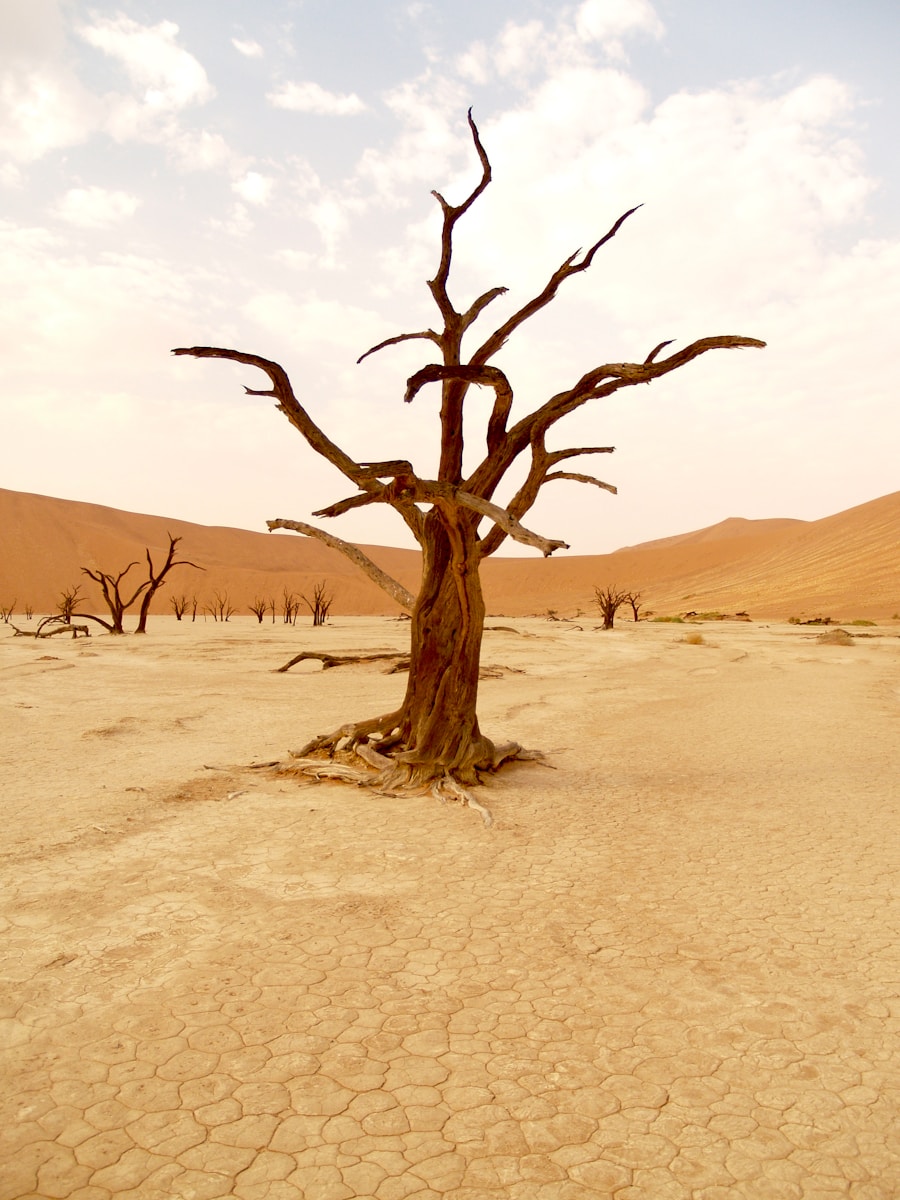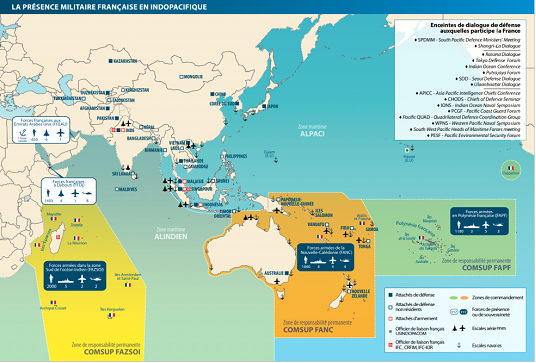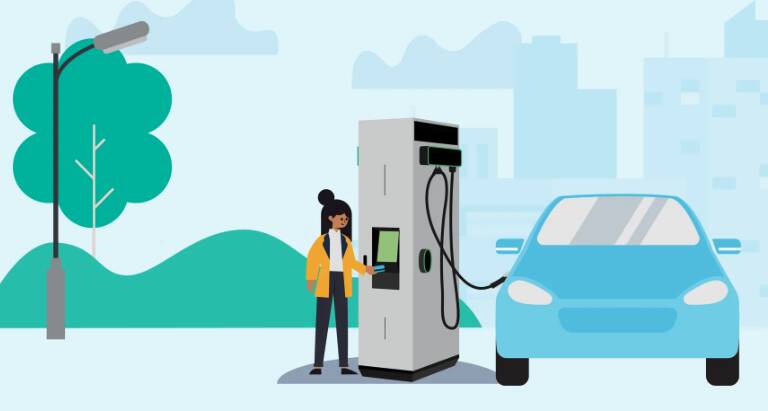1. Climate Justice Africa: Why the Legal Route Matters Now
The recent ruling by the International Court of Justice (ICJ) offers a pivotal opportunity for Climate Justice Africa to shift from advocacy to legal enforcement. For years, African countries have borne the brunt of climate change—from rising sea levels in Senegal to devastating droughts in the Horn of Africa—without being major contributors to global emissions.
This new legal precedent allows countries to sue one another for failing to meet climate responsibilities. While non-binding, it sends a powerful political message. More importantly, it empowers African nations to frame their suffering in legal terms—turning moral outrage into actionable cases.
Historically, climate summits like COP29 have failed to deliver the scale of finance Africa needs. With mounting frustration and unmet promises, the courtroom could now become a strategic battleground. Legal action isn’t merely symbolic—it’s a tool of sovereignty and resistance.
For a deeper understanding of how global tax reforms impact Africa’s development and environmental justice, read our article on Global Tax Reform: 7 Critical Failures Threatening Africa’s Future on MauritiusBizMonitor.
2. Can Africa Win in Court? The Challenge of Attribution
While the ICJ ruling is a win for Climate Justice Africa, turning legal theory into financial compensation is a daunting process. The biggest hurdle remains attribution—proving that a specific climate event, like a flood in Nigeria or a cyclone in Mozambique, was directly caused by emissions from a particular country.
Scientific progress in attribution science is making it increasingly possible. However, legal teams would need robust data, historical emission records, and international cooperation to build compelling cases. The question remains: Who is responsible, and to what extent?
Some experts argue that a regional legal alliance or African climate litigation coalition could streamline cases and pool resources. This collective approach could also amplify Africa’s moral and legal voice on the international stage.
To explore the basics of attribution science and its role in climate litigation, see this primer from the World Weather Attribution project.
3. Corporate Accountability: Should African Countries Sue Big Polluters?
It’s not just nations that could be in the dock. According to the ICJ ruling, countries are responsible for the actions of companies within their borders. This could pave the way for African countries to file lawsuits against major fossil fuel corporations headquartered in the US, UK, and other high-emission states.
This raises the stakes significantly for global brands. If Climate Justice Africa gains momentum, oil majors, mining giants, and manufacturing conglomerates could face claims for loss and damage resulting from their operations.
Activists argue that fossil fuel companies have long understood the impact of emissions yet continued harmful practices for profit. Legal action could force them to contribute to adaptation funds or pay reparations to communities directly affected by climate-related disasters.
4. Beyond the Courtroom: A New Era of Climate Diplomacy?
Legal action is only one piece of the puzzle. The rise of Climate Justice Africa signals a broader transformation in diplomacy—where African voices are no longer passive participants but active demanders of justice.
The upcoming COP30 in Brazil will be a test of how far the global community is willing to go to address Africa’s climate concerns. African negotiators are already calling for a new, binding climate finance framework and a timeline for reparations—not just pledges.
Moreover, domestic policies are also evolving. Several African nations are now passing their own climate justice laws, creating environmental courts, and training legal professionals in international environmental law. These changes indicate a long-term commitment to climate sovereignty.
If you’re interested in Africa-led climate diplomacy, visit our special coverage on Africa’s Climate Diplomacy Agenda 2025.
Building a Legal Framework for Climate Justice Africa
Establishing a strong legal framework is vital for Climate Justice Africa to succeed in holding wealthy nations accountable. African countries are increasingly adopting national laws that recognize the rights of communities affected by climate change. These legal instruments empower citizens and governments alike to demand reparations and enforce environmental protections.
Such frameworks also enable regional cooperation through bodies like the African Union and the African Court on Human and Peoples’ Rights. Coordinated legal strategies enhance Africa’s bargaining power on the global stage, moving beyond fragmented national efforts to a united front for climate justice.
To understand how these frameworks work in practice, you can explore detailed case studies in our African Climate Law Database, which tracks legislation and litigation related to climate issues across the continent.
Empowering Communities through Climate Litigation
Litigation is not just a tool for governments but also for communities directly impacted by climate disasters. Climate Justice Africa is fostering grassroots empowerment by training local activists and lawyers to document damage and pursue legal remedies.
These efforts increase public awareness and apply pressure on both national governments and international corporations. Community-led cases often highlight environmental injustice and demand fair compensation, strengthening Africa’s moral claim in international forums.
One notable example is the recent climate lawsuit filed by Kenyan farmers affected by drought, which has gained international attention. For more details, visit our report on Community Climate Activism in Kenya.
International Support and Partnerships for Climate Justice Africa
Achieving climate justice requires not only legal action but also strong international partnerships. Climate Justice Africa benefits from alliances with global NGOs, UN agencies, and sympathetic governments that provide technical, financial, and diplomatic support.
Such collaboration enhances the capacity of African legal teams, facilitates access to scientific data, and bolsters advocacy efforts at international summits like COP30. These partnerships are crucial in ensuring Africa’s voice is heard loud and clear in global climate negotiations.
For updates on ongoing collaborations, check out our special coverage on International Climate Partnerships for Africa.
Challenges and the Road Ahead for Climate Justice Africa
Despite promising legal developments, Climate Justice Africa faces significant challenges. Resource constraints, political instability, and legal complexities can hinder the pace of progress. Building consensus among diverse African nations is also crucial to present a united front.
Moreover, the cost and duration of climate litigation may deter some countries from pursuing claims aggressively. However, the growing urgency of climate impacts continues to drive momentum, with increasing public demand for justice and accountability.
Experts believe that strategic litigation combined with diplomatic engagement offers the best path forward. For insights into these challenges, see our analysis at Challenges in Climate Justice Africa.
Legal Precedents Strengthening Climate Justice Africa
Recent court decisions worldwide are setting important legal precedents that Climate Justice Africa can leverage. Cases in countries like the Netherlands and Pakistan have compelled governments to adopt more ambitious climate policies. These victories demonstrate that courts are increasingly recognizing environmental rights as fundamental human rights.
African nations can draw inspiration from these successes to formulate their own claims. Legal experts emphasize the importance of building solid cases grounded in scientific evidence and international law. Combining domestic legislation with international treaties will significantly strengthen Africa’s position in climate litigation.
Economic Implications of Climate Justice Africa
Pursuing climate justice is not only a moral imperative but also a strategic economic move. Climate Justice Africa aims to secure funding for adaptation, resilience building, and recovery from loss and damage. Such compensation could help offset billions in climate-related damages that currently strain national budgets.
Moreover, climate litigation incentivizes cleaner technologies and sustainable investments. Holding polluters financially accountable sends a strong signal to global markets that environmental harm carries real costs. This shift could accelerate Africa’s transition toward a greener, more sustainable economy.
Building Solidarity Across African Nations
Unity is essential for Climate Justice Africa to succeed. African countries must collaborate closely by sharing expertise, pooling resources, and coordinating legal efforts. Establishing a continental coalition could amplify their influence and improve access to international courts.
Such solidarity also strengthens Africa’s diplomatic voice on the global stage. Joint declarations and unified negotiation stances increase pressure on wealthy nations to fulfill their climate finance commitments. Building this network remains a top priority for activists and policymakers alike.
Conclusion: Toward a Fairer and More Sustainable Future
Climate Justice Africa represents a real hope for environmental justice and equity for future generations. Through law, regional cooperation, and international support, Africa can confront climate challenges and transform them into sustainable growth opportunities.
Climate justice is not only a moral demand but also an economic and political necessity requiring collective action and innovative solutions. With new legal tools and strong solidarity, Africa is poised to change the game on the global climate stage.




